Why a SaaS Needs an Artificial Intelligence Developer
The software paradigm has changed at its very core. What used to take armies of engineers and months to develop can now be achieved with intelligent automation and machine learning integration. For SaaS businesses undergoing this disruption, the question isn't whether to adopt AI,it's how soon they can get an artificial intelligence developer on board.
The Competitive Advantage Gap
Non-AI-enabled SaaS solutions are quickly going the way of the dinosaur. Predictive analytics, workflows, and smarts are now expected functionalities, not add-ons at a premium price. Businesses that don’t move forward with AI risk being overtaken by competitors who make smart functionality a top priority.
An AI developer provides the right kind of expertise to determine where AI can make the greatest impact. They know which operations should be automated, how to deploy machine learning models that enhance user experience, and most critically, how to develop AI features that scale with business.
Most SaaS businesses commit the error of believing AI is all about task automation. While automation is worthwhile, an artificial intelligence programmer can unlock much more advanced capabilities. He or she can develop recommendation engines that drive more user participation, develop natural language processing for customer support, and devise predictive models to enable users to make informed decisions.
Think about how AI turns various SaaS verticals into something new. With project management software, an AI developer can design algorithms that foresee delays in projects before they occur. For marketing platforms, they can develop systems that self-optimize campaign effectiveness. The applications are limitless when the proper experience is applied.
Data-Driven Decision Making
SaaS firms collect enormous amounts of user data, yet they find it difficult to derive actionable insights. A developer of artificial intelligence is an expert at converting raw data into competitive edge. They create analytics platforms that uncover patterns in user behavior, detect risks of churn, and discover possibilities for feature enhancements.
This data insight really gets strong for product innovation. Rather than making assumptions about what functionality users need, a developer of artificial intelligence can look at usage patterns to forecast which features will generate the most interest and retention.
Technical Debt Prevention
Deploying AI without the right skills usually does more harm than good. Ineffectively designed machine learning algorithms slow down applications, generate unstable results, and are maintenance nightmares. An artificial intelligence developer avoids this by crafting robust and scalable AI architectures from the beginning.
They know how to deploy, monitor, and maintain models. Such skill prevents AI capabilities from degrading instead of improving platform performance, building sustainable competitive advantages instead of fleeting benefits.
Customer Experience Revolution
Today’s SaaS users demand personalization. Vanilla interfaces and everyone-else-is-the-same methods are no longer acceptable for mature user bases. A developer who specializes in artificial intelligence can design adaptive interfaces that evolve based on individual users’ preferences, automate mundane tasks particular to each user’s process, and offer intelligent recommendations that actually enhance productivity.
This individualization goes beyond user experiences. AI can design optimal pricing approaches, personalize onboarding processes, and even anticipate what features specific users will find most useful. The consequence is greater user satisfaction, more retention, and more powerful word-of-mouth marketing.
Resource Optimization
Implementation of AI properly lowers costs of operations while enhancing the quality of service. An AI developer is able to design systems that can automatically respond to customer queries, manage server resources according to usage rates, and automate internal processes that take human intervention.
These efficiencies build up over time. What begins as low-level automation turns into deep cost savings and operational efficiencies that directly affect profit margins.
Future-Proofing the Platform
Technology development never ceases, and AI capabilities continue to accelerate. An artificial intelligence developer keeps SaaS platforms in line with the next big thing. They construct portable architectures which can integrate new AI approaches as soon as they become available, avoiding the expense of rebuilding when technology changes.
The investment in an artificial intelligence developer pays dividends not just in immediate feature development, but in long-term platform viability. Companies that establish strong AI foundations today position themselves to capitalize on future innovations without starting from scratch.
SaaS firms can no longer view AI as a nice-to-have capability. Those that adopt intelligent capabilities by talented artificial intelligence developers will prosper in the changing software environment, while those that wait may fall behind.




























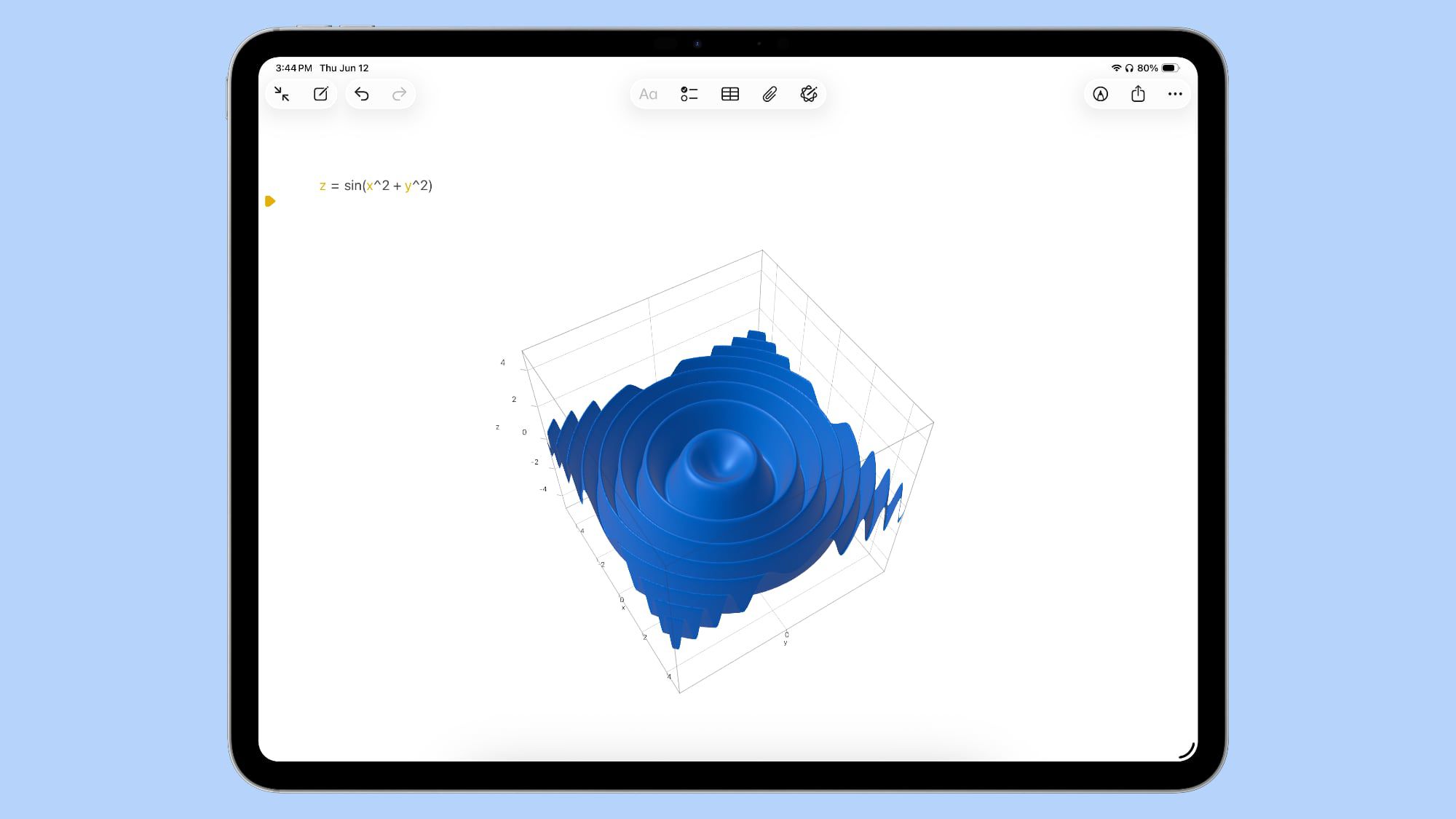






















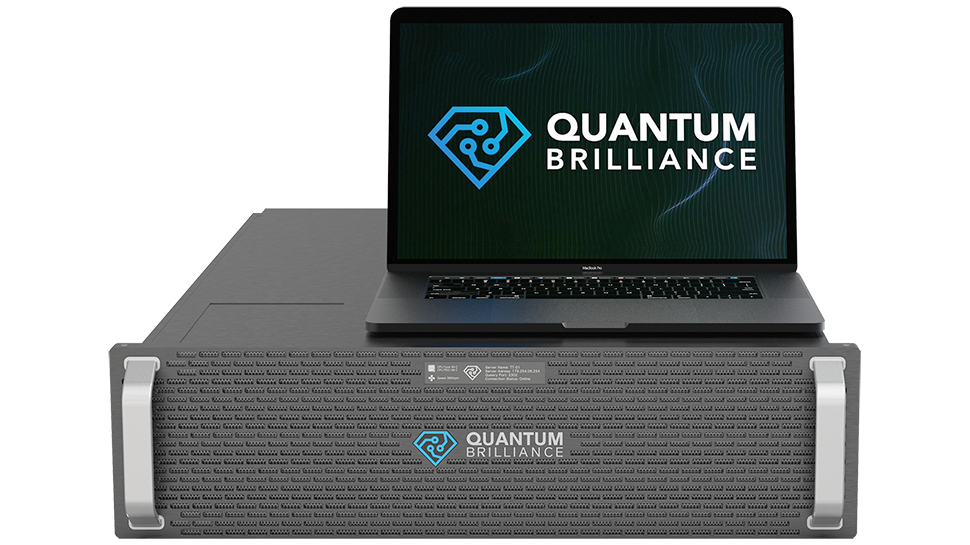
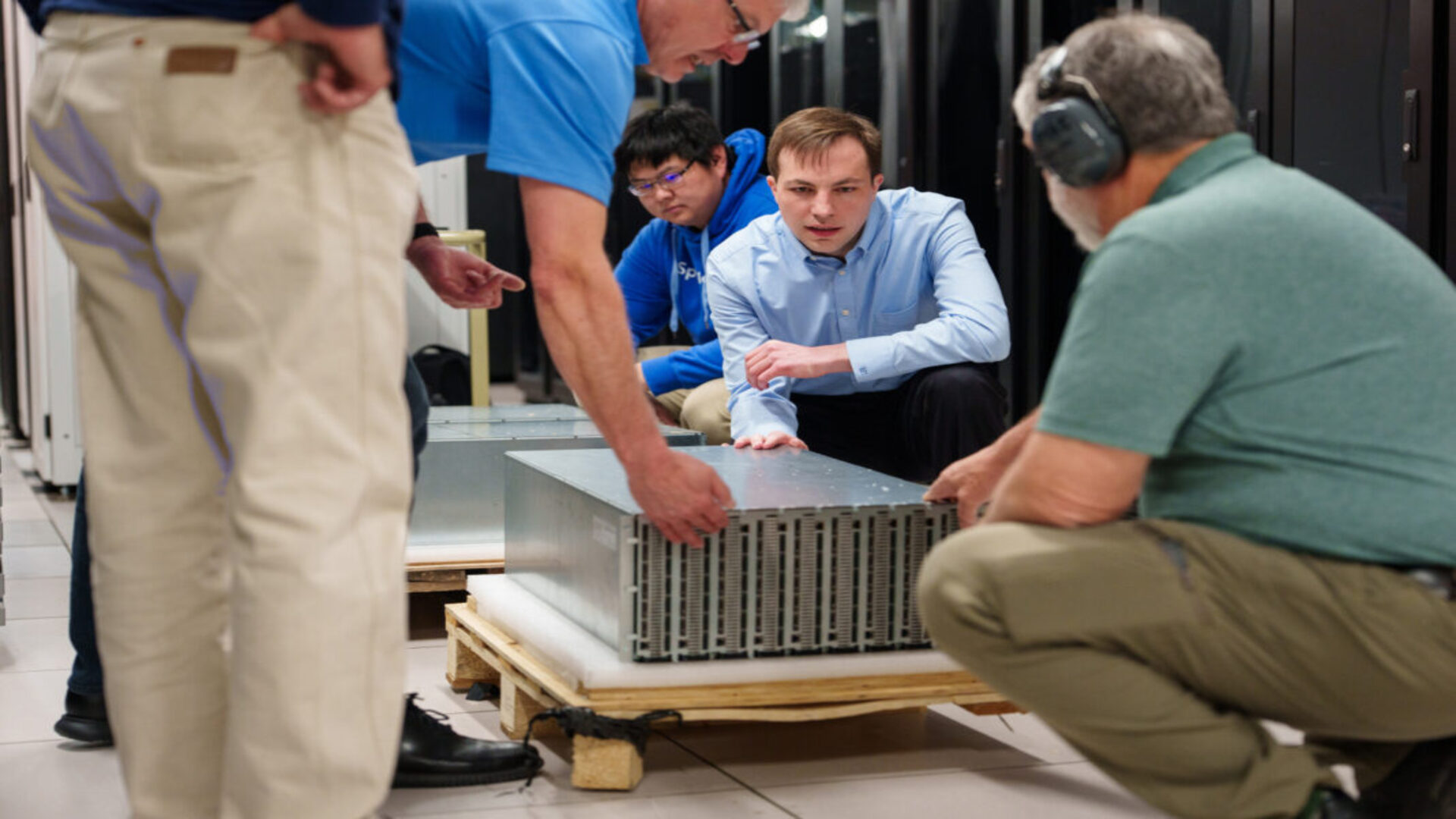
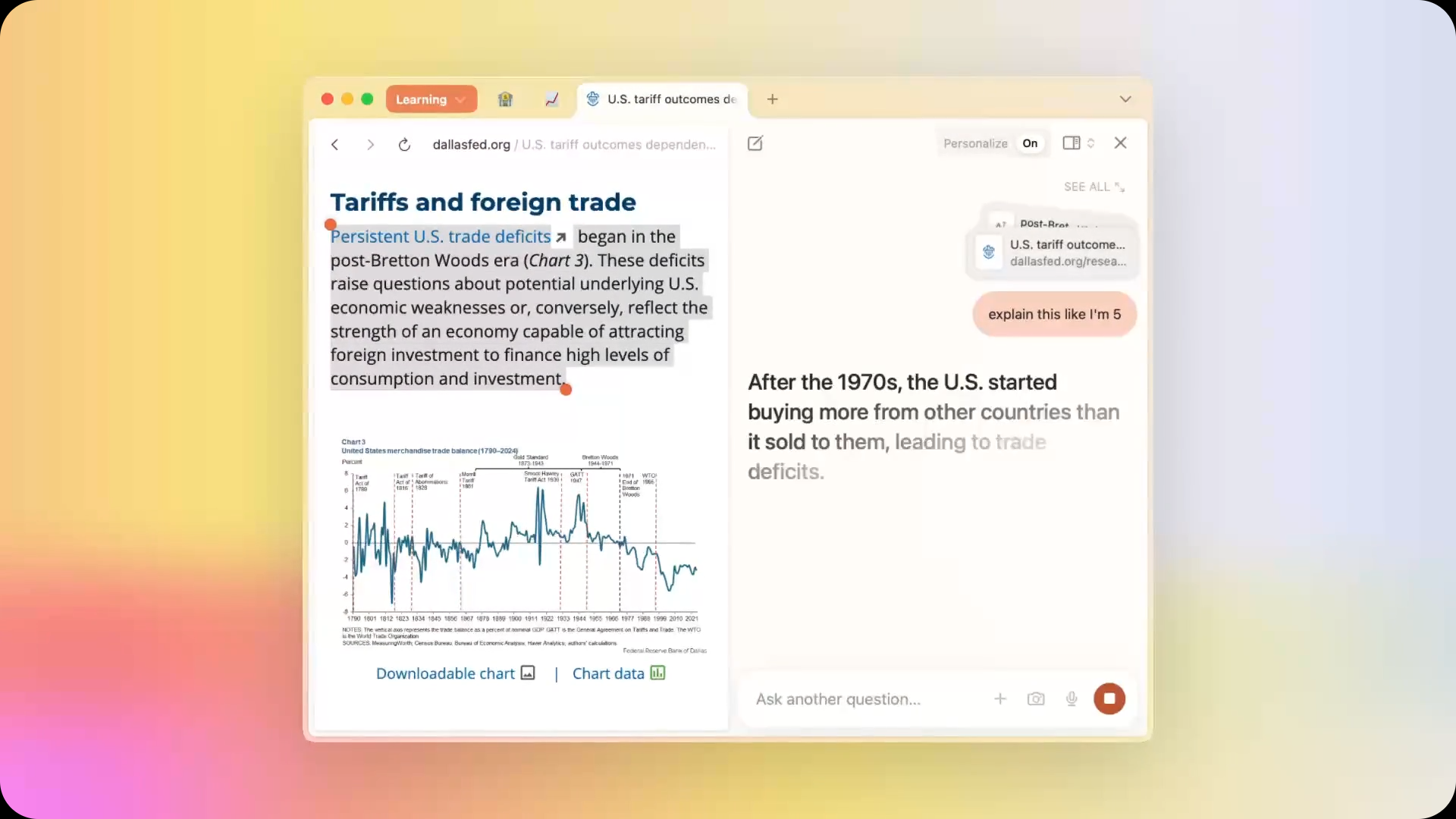


















![Apple Shares Teaser Trailer for 'The Lost Bus' Starring Matthew McConaughey [Video]](https://www.iclarified.com/images/news/97582/97582/97582-640.jpg)

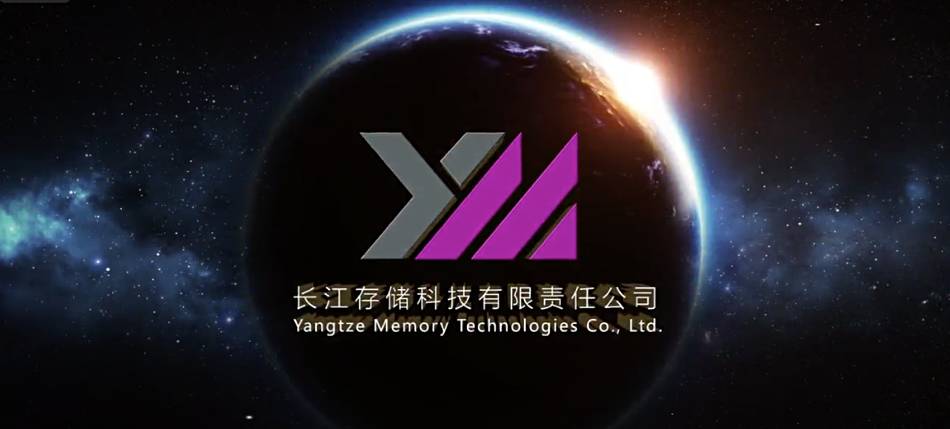


























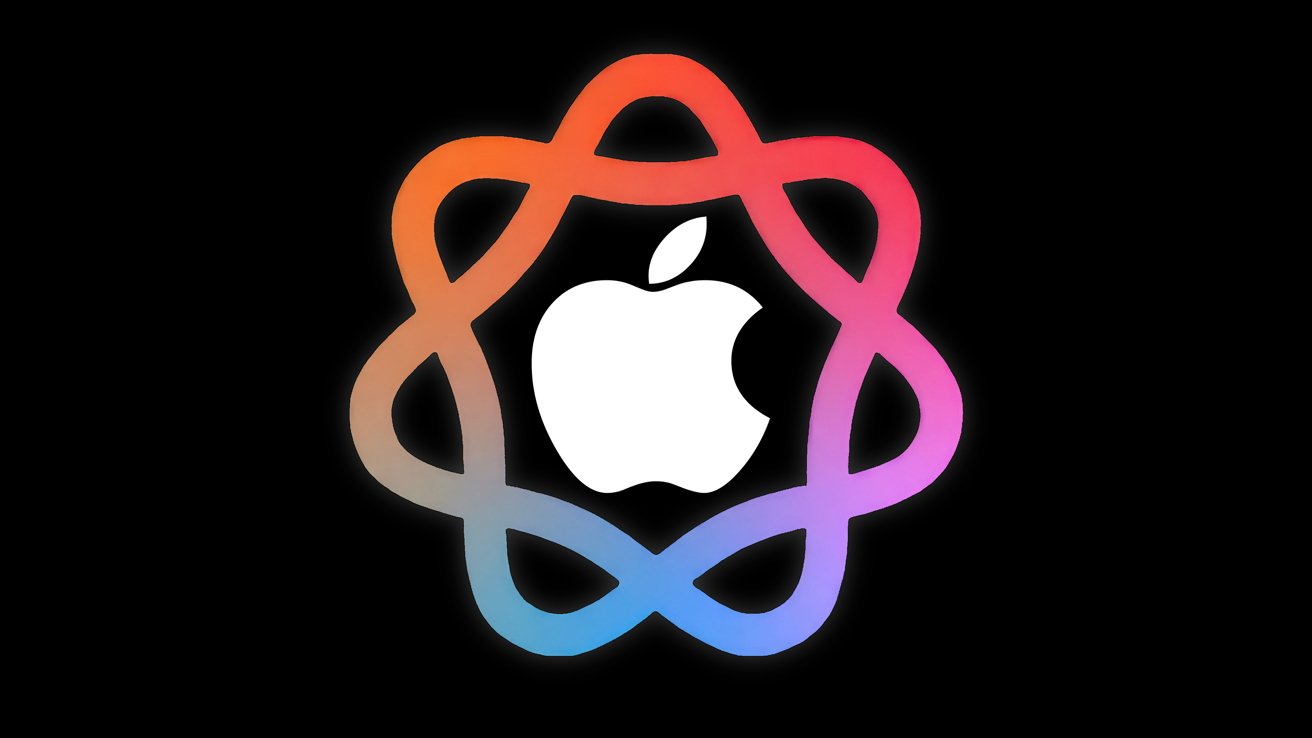



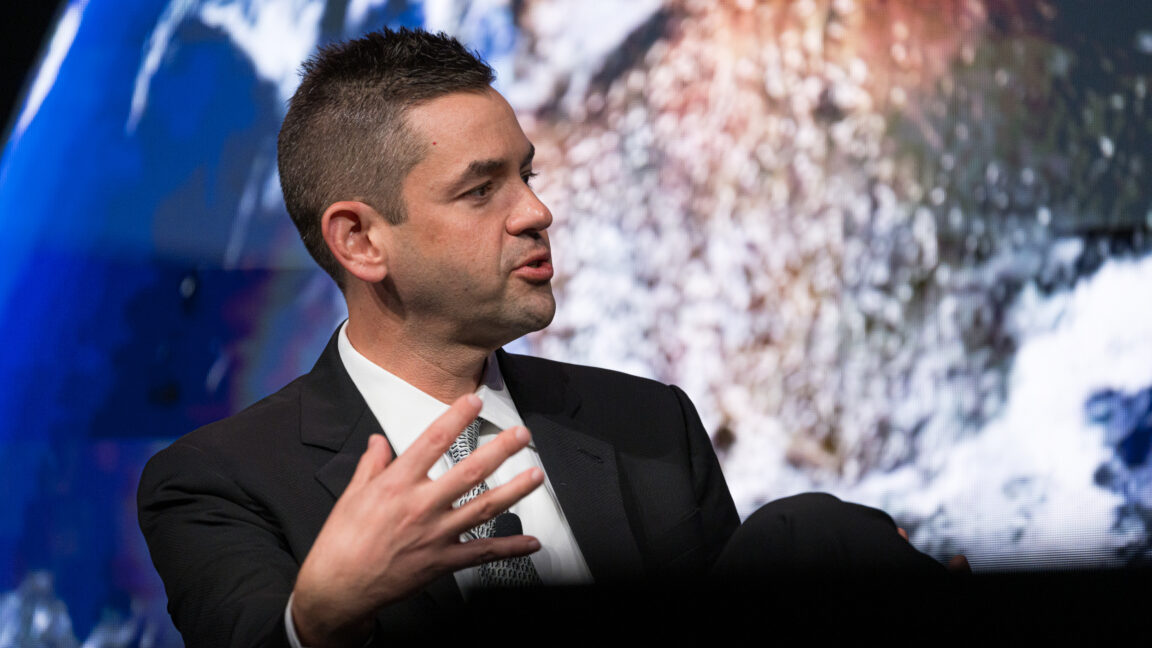














































































_Marek_Uliasz_Alamy.jpg?width=1280&auto=webp&quality=80&disable=upscale#)





























































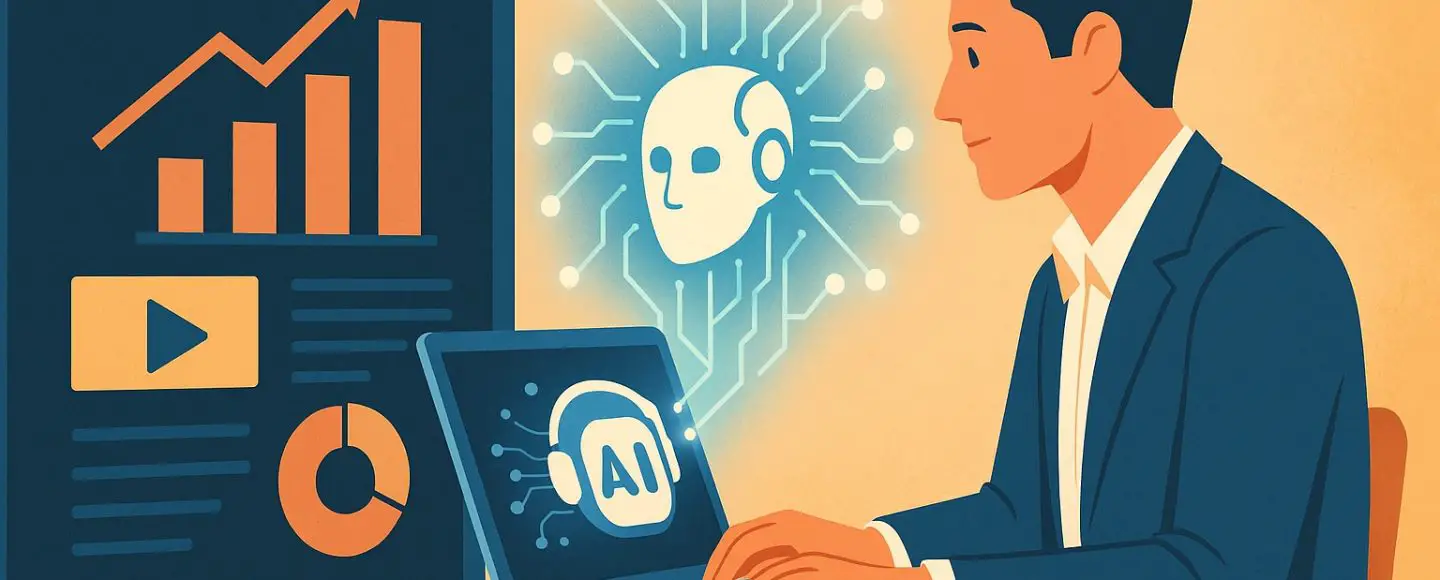

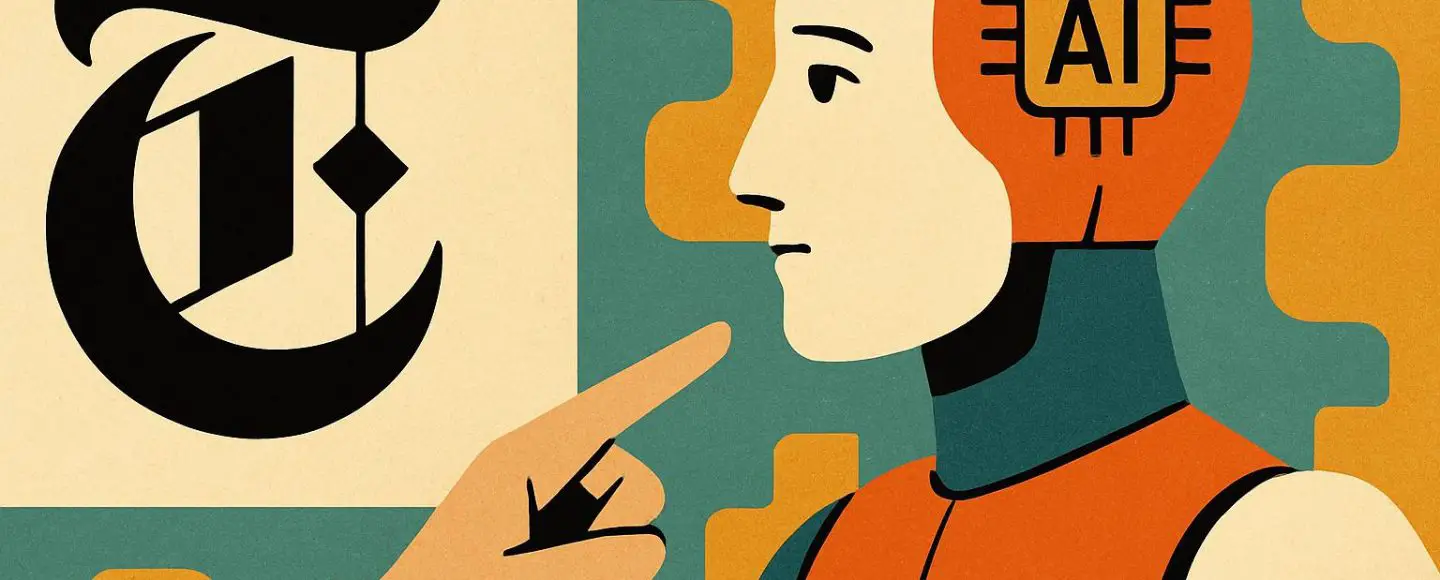























![Top Features of Vision-Based Workplace Safety Tools [2025]](https://static.wixstatic.com/media/379e66_7e75a4bcefe14e4fbc100abdff83bed3~mv2.jpg/v1/fit/w_1000,h_884,al_c,q_80/file.png?#)



























![[The AI Show Episode 152]: ChatGPT Connectors, AI-Human Relationships, New AI Job Data, OpenAI Court-Ordered to Keep ChatGPT Logs & WPP’s Large Marketing Model](https://www.marketingaiinstitute.com/hubfs/ep%20152%20cover.png)




























































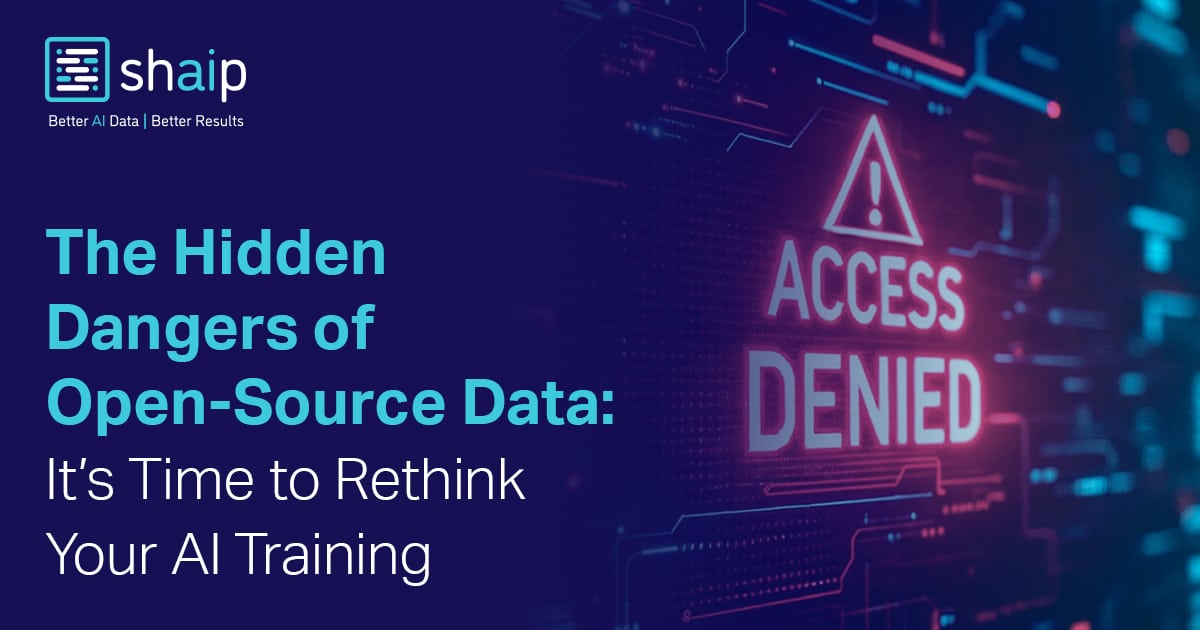


























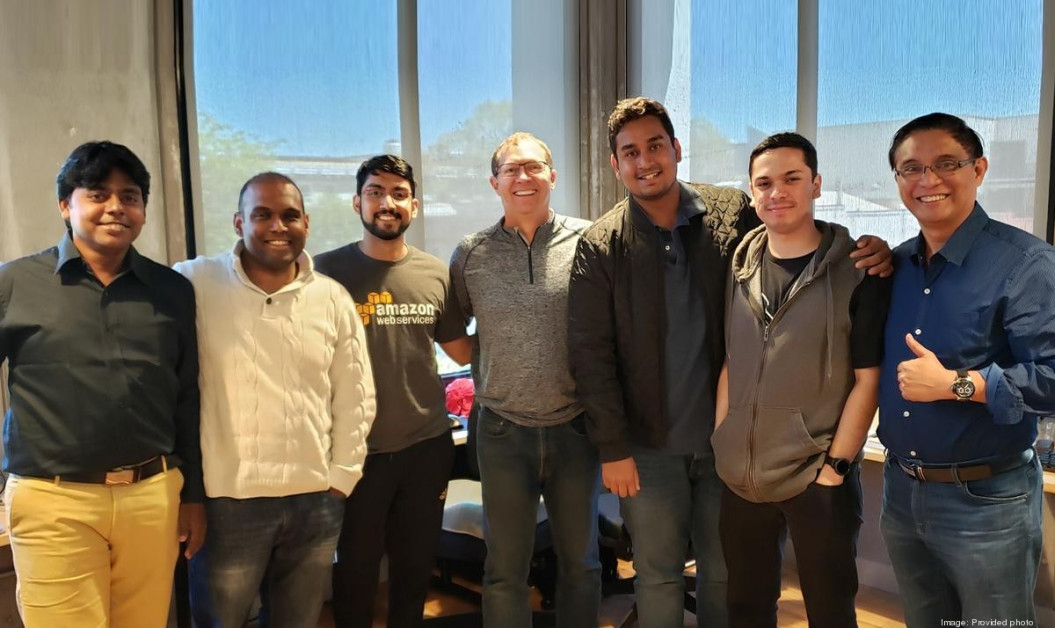
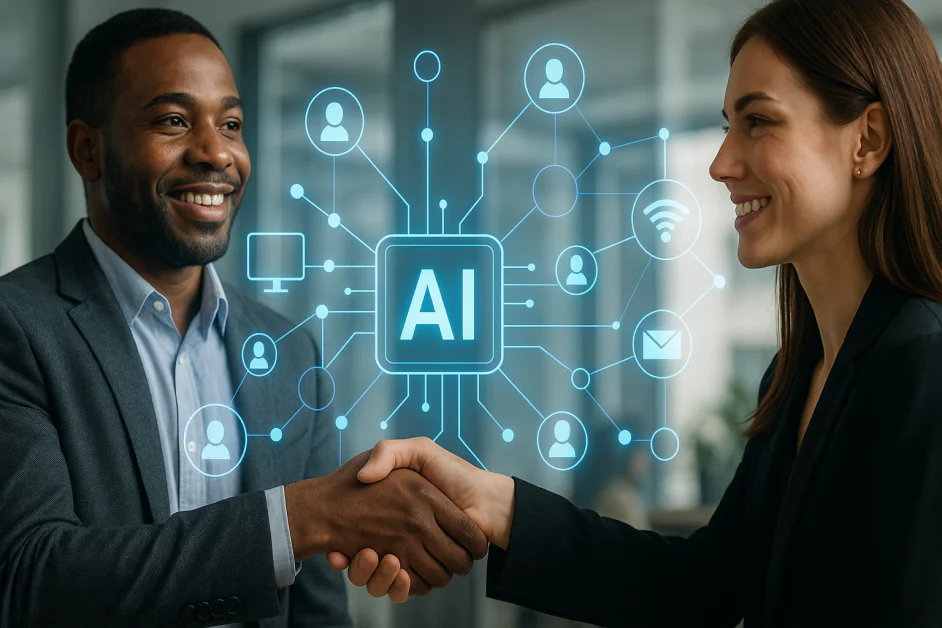
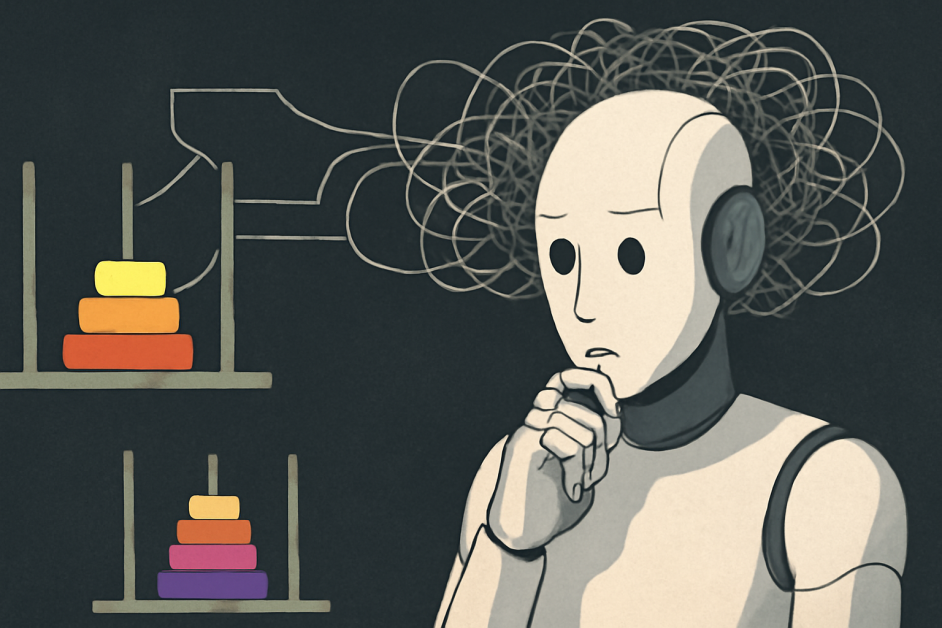










![[DEALS] Microsoft Visual Studio Professional 2022 + The Premium Learn to Code Certification Bundle (97% off) & Other Deals Up To 98% Off](https://www.javacodegeeks.com/wp-content/uploads/2012/12/jcg-logo.jpg)























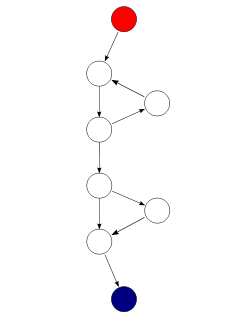






















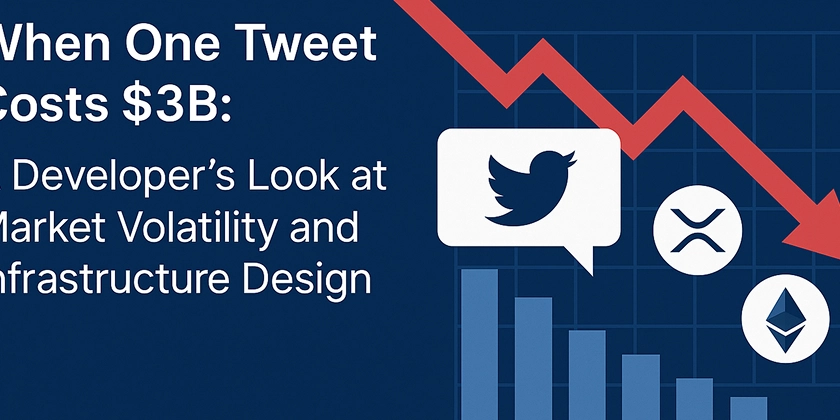


















.jpg?width=1920&height=1920&fit=bounds&quality=70&format=jpg&auto=webp#)






-35-45-screenshot.png?width=1920&height=1920&fit=bounds&quality=70&format=jpg&auto=webp#)

-30-7-screenshot_0FxoE4J.png?width=1920&height=1920&fit=bounds&quality=70&format=jpg&auto=webp#)

































































